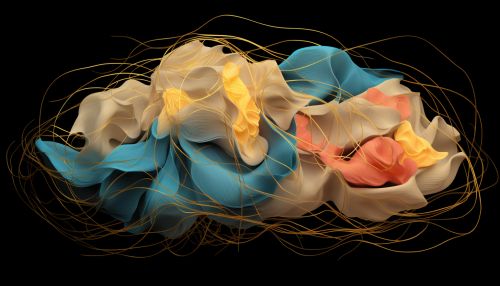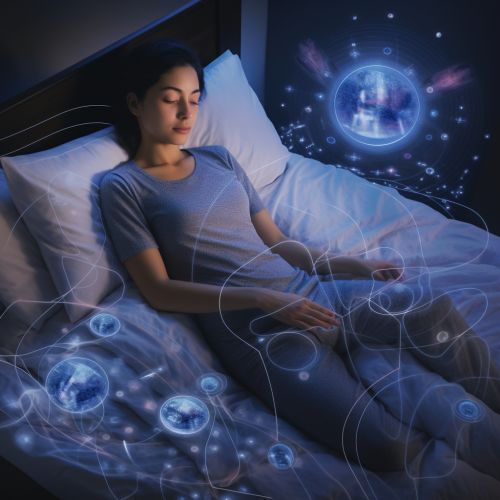The Science of Human Sleep and Performance
Introduction
Human sleep is a complex physiological process that is crucial for cognitive functioning and overall health. It is a state of reduced consciousness and sensory activity, characterized by altered brain wave activity, inhibited voluntary muscle activity, and reduced interactions with surroundings read more. The science of human sleep and performance explores the relationship between sleep and various aspects of human performance, including cognitive function, physical performance, and emotional well-being.


Physiology of Sleep
Sleep is regulated by two main processes: the homeostatic sleep drive and the circadian rhythm. The homeostatic sleep drive refers to the body's need for sleep, which increases with the amount of time spent awake and decreases during sleep read more. The circadian rhythm, on the other hand, is a 24-hour internal clock that regulates the timing of sleep and wakefulness read more.


Sleep Stages and Cycles
Human sleep is divided into two main types: Rapid Eye Movement (REM) sleep and Non-Rapid Eye Movement (NREM) sleep. Each of these types is further divided into stages, which are characterized by different patterns of brain wave activity read more.


Sleep and Cognitive Performance
Sleep plays a crucial role in cognitive performance, affecting various aspects such as memory, attention, and decision-making. During sleep, the brain processes and consolidates information learned during the day, which is essential for memory formation read more. Lack of sleep can lead to cognitive impairments, affecting attention, reaction time, and decision-making abilities read more.


Sleep and Physical Performance
Sleep is also essential for physical performance, affecting muscle recovery, energy levels, and coordination. During sleep, the body repairs and regrows tissues, builds bone and muscle, and strengthens the immune system read more. Lack of sleep can lead to decreased physical performance, increased risk of injuries, and slower recovery times read more.


Sleep and Emotional Well-being
Sleep has a significant impact on emotional well-being, affecting mood, stress levels, and mental health. During sleep, the brain processes emotional experiences, which is crucial for emotional regulation read more. Lack of sleep can lead to increased emotional reactivity, mood disorders, and increased risk of mental health disorders read more.


Conclusion
Understanding the science of human sleep and performance is crucial for optimizing cognitive function, physical performance, and emotional well-being. By prioritizing sleep and implementing healthy sleep habits, individuals can enhance their performance and overall health.
